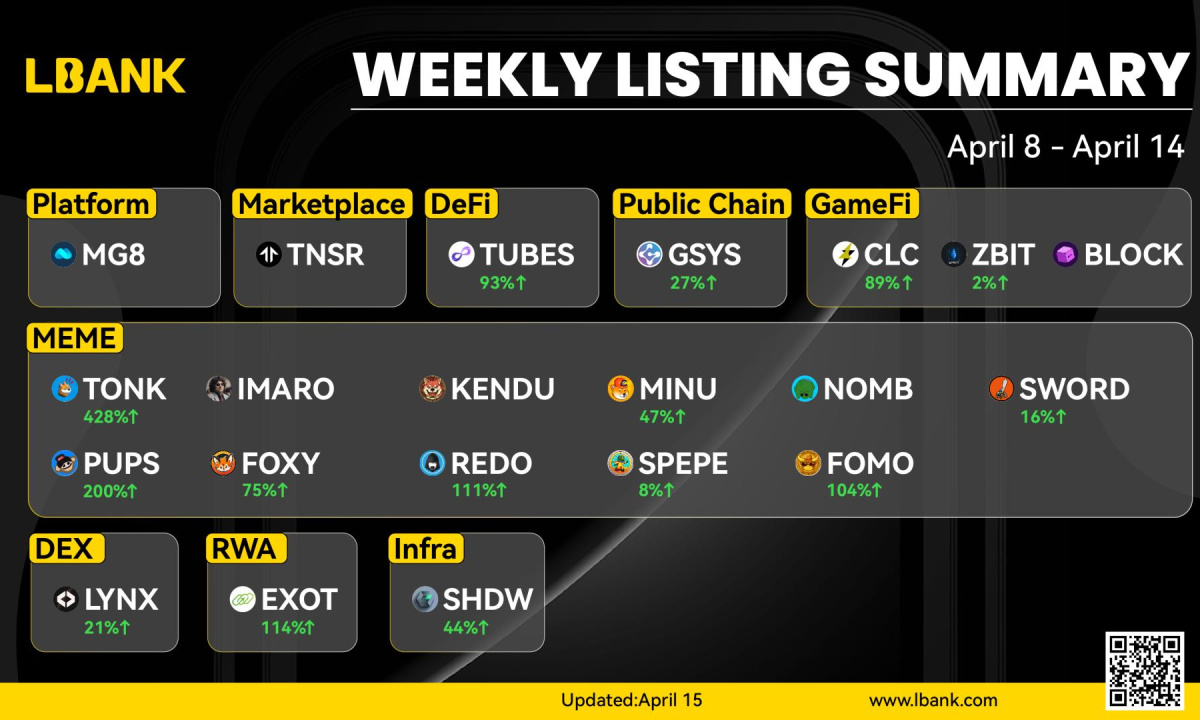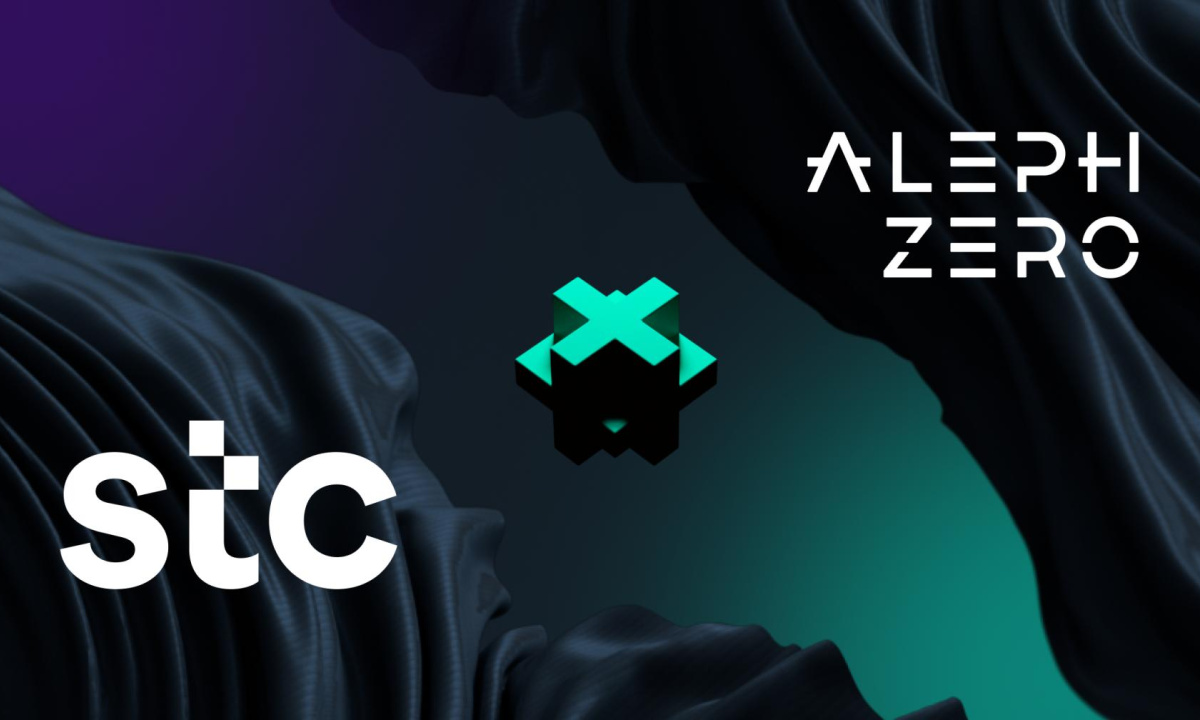Venezuela’s governmental initiative of an oil-backed national cryptocurrency in 2018 was met largely with scepticism from global leaders, with the Trump administration banning US investors from trading in petro. The currency announcement was the first example of cryptocurrency adoption by a nation in the midst of a financial crisis.
While the petro was largely viewed as a failure, and the country no longer lists the petro as a currency, the Maduro regime gave several cryptocurrency exchanges permission to operate in the country, which introduced a lot of Venezuelan’s to the concept of cryptocurrencies, and opened up an alternative to their declining currency.
Andrea O’Sullivan, director of tech and innovation at James Madison Institute, a Washington think tank commented on the adoption of bitcoin in Venezuela:
“People living in Venezuela are living under a very unstable and predatory government. They suffer from extreme inflation and general economic instability. And here’s a censorship-resistant, inflation-proof asset, so it’s very attractive to people who are looking for a way to maintain value,”
Even though president Maduro has recently announced he would be raising the minimum national wage to $3 a day, an almost 300% rise, Venezuelans are still fighting to maintain their purchasing power and are actively using platforms such as LocalBitcoins and Binance’s peer to peer platform to protect them from their unstable national currency.
A report by ChainAnalysis revealed in 2020 that Venezuela ranks third in the world in terms of crypto adoption, largely the result of citizens turning to other sources of value that shelter them from the poor economy of their country. In a recent interview the community manager for Binance in Latin America, revealed that Venezuela was one of their markets with the biggest growth in Q1 of 2021.
Disclaimer: This article is provided for informational purposes only. It is not offered or intended to be used as legal, tax, investment, financial, or other advice.
Investment Disclaimer











